IELTS Reading Multiple Choice Questions
9 min read
Updated On
-
Copy link
Table of Contents
- What are Multiple Choice IELTS Reading Questions?
- Strategy for Answering IELTS Reading Multiple Choice Questions
- Practice IELTS Multiple Choice Questions with Answers
- Common Mistakes You Should Avoid while IELTS Reading MCQ Practice
- Tips to Solve IELTS Reading Multiple Choice Questions
- Improve Your Reading Skills with IELTSMaterial
- Additional Reads
Limited-Time Offer : Access a FREE 10-Day IELTS Study Plan!
Multiple choice questions in IELTS Reading are very common in both the IELTS Academic and General Training types and seem to be the easiest question type. However, this question format can reduce your score if you become distracted and choose the wrong option. This could be because of the paraphrasing of the answers and the information given in the passage.
To avoid these errors and achieve a top IELTS band score, we learn common mistakes, tips and proven strategies for tackling IELTS multiple choice questions in the reading module.
What are Multiple Choice IELTS Reading Questions?
IELTS multiple choice questions typically require you to read a passage, find out the specific information and choose the correct answer from a set of options provided.
This question type aims to assess your comprehension skill. It evaluates whether you can:
- Scan the passage and understand the main idea.
- Locate the information required to answer the question
- Choose the best option that either answers the question directly or is the closest to the correct answer.
Types of Multiple Choice Questions in IELTS Reading
While taking the IELTS Academic or General Training exam, you will come across these questions in two different formats. They are:
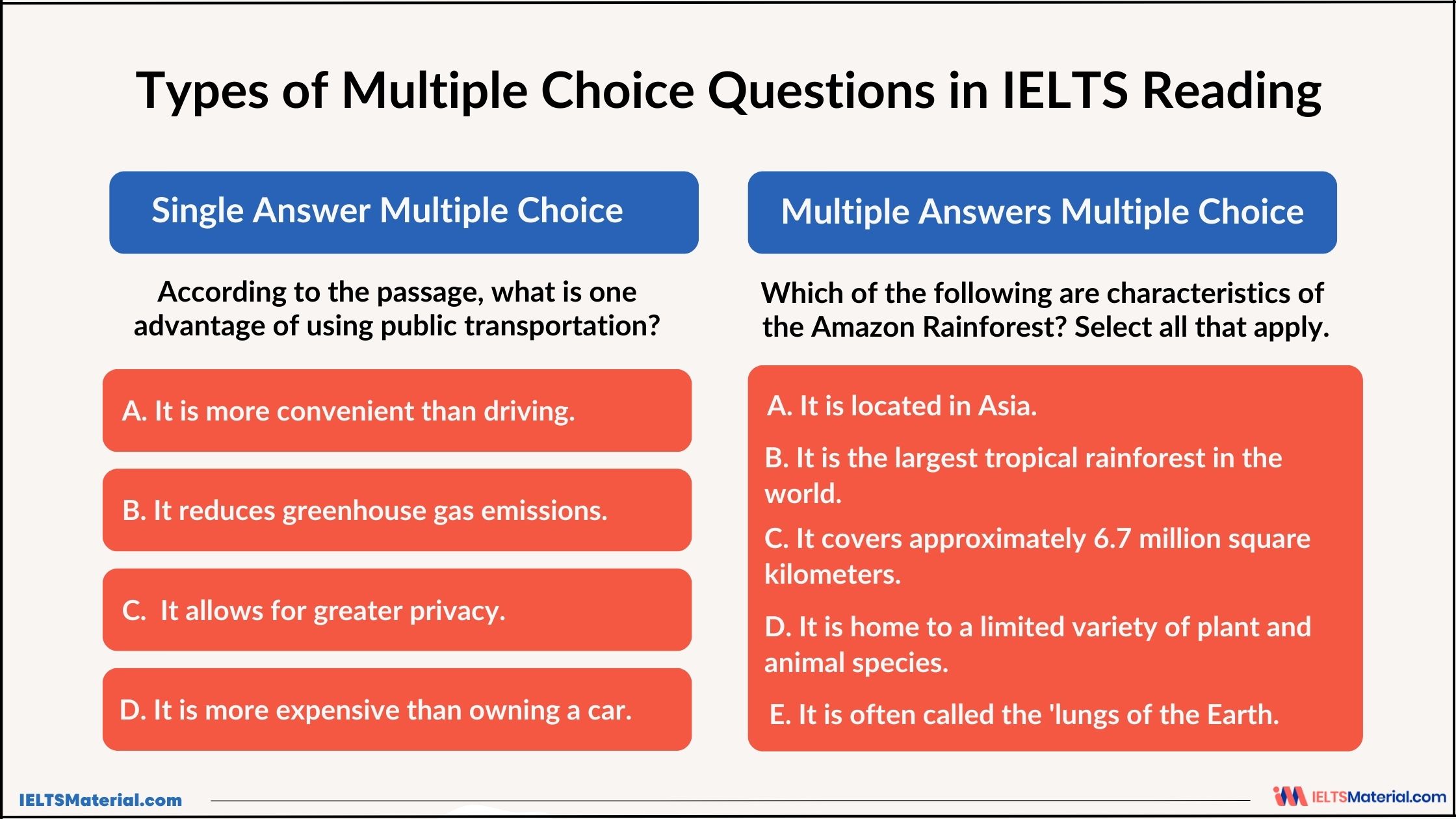
- Single answer multiple choice: For this, you have to choose the best option from a list of possible answers, usually 3-4, for a given question.
- Multiple answers multiple choice: Here, you will need to select more than one correct option from the list provided.
Check out the video below to learn more about IELTS Reading Multiple Choice Questions!
Strategy for Answering IELTS Reading Multiple Choice Questions
While IELTS reading multiple choice questions practice following a strategy has a two-fold benefit. Firstly, it will help you find out the answers to the multiple choice IELTS reading questions efficiently, thereby increasing the possibility of a Band 9 in this module. Secondly, it will enable you to manage your time better.
So, let’s look at the strategy to answer IELTS Reading multiple choice questions.
-
Read the questions carefully
Always begin by examining the questions thoroughly. In case you cannot understand some of the words, try looking them up in the text to see if you can figure them out in context. It is important to comprehend the meaning, even if it is in a wrong option, to make an informed choice.
-
Skim through the text
You should use IELTS reading keyword techniques to gain a rough understanding of the main idea of the text.
-
Identify keywords
While reading the question, underline the keywords. This will help you to locate the specific information that will provide the answer. Remember that synonyms of the same word might be used in the options to confuse you.
-
Guess the right answer
Use your understanding of the main idea of the text and the keywords to predict the correct answer. Even though it might be correct at times, this will aid you in narrowing down your options.
-
Reread the specific paragraph or section
Sometimes the paragraph number is mentioned in the question, so you can directly read the specific paragraph to finalize the answer. However, in cases where the location is not given, you have to identify the paragraph or section, read it again to match the keywords or their synonyms. In this way, you will be able to cancel out the other wrong answers using the elimination method.
-
Choosing between similar options
In some cases, you might end up confused between two similar options. This mostly happens in IELTS Academic Reading, as the passages are comparatively more difficult than IELTS General Reading.
You have to compare the keywords, synonyms and identify distractors in the two options and find out which one is the closest to the correct answer.
-
Go ahead
Time management in IELTS Reading is very important for solving all 40 questions in just 60 minutes. Therefore, if you get stuck with two similar options or are confused with the answer, leave the question and solve the next one. If time allows, you can come back to it.
Practice IELTS Multiple Choice Questions with Answers
Now, let’s look at sample multiple choice ielts reading questions and check how the strategies given above works.
Sample Reading Passage
One of the most famous works of art in the world is Leonardo da Vinci’s Mona Lisa. Nearly everyone who goes to see the original will already be familiar with it from reproductions, but they accept that fine art is more rewardingly viewed in its original form. However, if Mona Lisa was a famous novel, few people would bother to go to a museum to read the writer’s actual manuscript rather than a printed reproduction. This might be explained by the fact that the novel has evolved precisely because of technological developments that made it possible to print out huge numbers of texts, whereas oil paintings have always been produced as unique objects. In addition, it could be argued that the practice of interpreting or ‘reading’ each medium follows different conventions. With novels, the reader attends mainly to the meaning of words rather than the way they are printed on the page, whereas the ‘reader’ of a painting must attend just as closely to the material form of marks and shapes in the picture as to any ideas they may signify.
Questions:
1 According to the passage, Monalisa is :
A Da Vinci’s masterpiece
B One of the famous works of art
C Just another painting
D The only work on art
2 Why do people want to view art in its original form?
A They can appreciate art better in its original form.
B They are tired of viewing duplicates.
C both A & B
D None of the above
3 According to the passage, what is the difference between a novel and a painting?
A No difference
B Novels are unique.
C Paintings are unique objects.
D None of the above
4 What is the difference between reading a novel and a painting?
A No difference.
B In a novel, they have to carefully observe the way they are printed and in a painting it is just reading the meaning.
C In a painting, they have to carefully observe the way they are printed and in a novel it is just reading the meaning.
D None of the above
Explanation for the Answers:
- For the first question, the answer is in the first line which says ”One of the most famous works of art in the world is Leonardo da Vinci’s Mona Lisa”. So the answer is “B. One of the famous works of art”.
- For the second question, the answer is in the second line which says “fine art is more rewardingly viewed in its original form” which means that they can appreciate art better in its original form. “Rewardingly viewed” can also mean “appreciate better”. So the answer is A.
- For the third question, the answer is in the third line which says “oil paintings have always been produced as unique objects.” So the answer is C.
- For the fourth question, the answer is in the last line which says “With novels, the reader attends mainly to the meaning of words rather than the way they are printed on the page, whereas the ‘reader’ of a painting must attend just as closely to the material form of marks and shapes in the picture as to any ideas they may signify.” So the answer is C.
Here are the 10 examples for the IELTS Reading Multiple Choice Questions:
- Example 1
- Example 2
- Example 3
- Example 4
- Example 5
- Example 6
- Example 7
- Example 8
- Example 9
- Example 10
Want to learn more about IELTS Reading distractors and how to avoid them?
Join our webinar to learn with fellow candidates!
Common Mistakes You Should Avoid while IELTS Reading MCQ Practice
There are some mistakes that candidates make while answering the IELTS Reading multiple choice questions. If you are aware of them, then it will be helpful to avoid them while IELTS Academic Reading multiple choice questions practice. So, let’s learn about them.
- Reading the passage before the questions means that you are reading “blindly” and won’t know what to search for. Additionally, you waste time because you have to read the content again after reading the questions, meaning that the first reading was a waste of time.
- Not paying close attention to the text – Owing to the presence of distractors, certain options might seem to be the correct response. As a result, you will select the wrong response if you don’t attentively read the text.
- Not reading the entire question or statement in the paragraph: The main sentence in the paragraph or the question may seem to make sense in its first section, but its second half may convey a different meaning by using linkers like ‘however’, ‘but’ can completely alter the meaning of a sentence. Examiners will try to deceive you in this way, since they are aware that you are attempting to find the answers as soon as possible.
- Failing to respond to questions – Even though it is surprising, not answering the question is a common mistake that candidates make. Remember that the IELTS exam does not have any negative marking. So, even if you are confused between 2 options, try to choose the closest one and who knows it might fetch you a score.
Learn how to solve Multiple choice IELTS Reading questions in 20 minutes.
Tips to Solve IELTS Reading Multiple Choice Questions
Without some sharing tips, how can we give you a well-rounded lesson for MCQ reading IELTS? Well, check out the tips below.
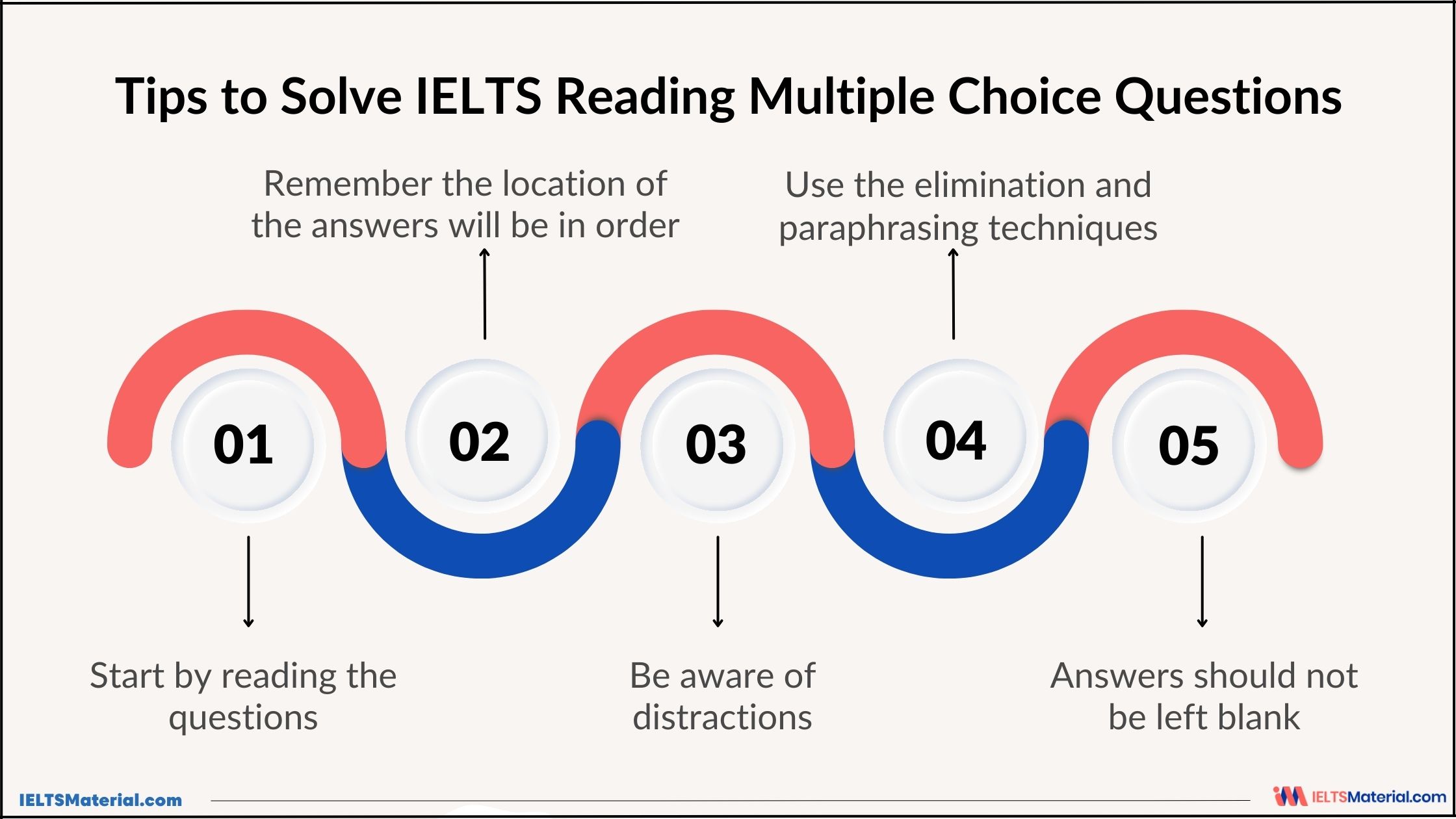
- Start by reading the questions. If you do so, you will save time reading the text because you will know what to look for if you do this.
- The location of the answers will be in order. It’s quite useful to know that, unlike other question kinds, the answers for multiple choice questions IELTS Reading are presented in the text in the correct sequence. For example, Answer 4 won’t be too far along in the text if you’ve already located answers 1, 2 and 3 in paragraphs 1, 3 and 4, respectively.
- Be aware of distractions. IELTS examiners frequently use ‘distractors’ in their answer choices in an attempt to trick you. Even though they are only a few words, they have the power to entirely alter a sentence’s meaning or the fact. E.g. The airport was constructed in the 1980s. However, records mention that it got its new look in the 2000s after the reconstruction.
- Use the elimination and paraphrasing techniques. Usually, you can rule out two of the four options, leaving you with just two. However, if you are finding it difficult, you can choose the right answers by considering how these two options differ in meaning. Rephrasing two or three statements in your own words can be helpful if you are unclear about their differences.
- Answers should not be left blank. In case you are really confused or don’t have much time, take a guess to determine the closest response. You have some possibility of making the right estimate and receiving the mark. Examiners label questions as “wrong” if they receive no response.
Improve Your Reading Skills with IELTSMaterial
If you’re looking to enhance your reading skills for the IELTS exam, IELTSMaterial can be a valuable resource. Whether it is about solving 40 questions within the limited time or learning how to solve multiple choice question type in IELTS Reading, our experts are your all-time partners.
Feel free to check out our highly rated IELTS Reading Academic Test Guide or ultimate guide to IELTS General reading with actual IELTS test papers or join our online classes if you need more advice. Take the step you need to boost your prep further and receive a Band 8+ on the IELTS Reading.
Additional Reads
- IELTS Exam Time and 5 Full-Proof Time Management Tips
- IELTS Reading recent actual test
- Tips to Improve IELTS Reading Skills
- IELTS Academic Reading test papers with answers pdf
- How to prepare IELTS 2024 Quickly (7.5 in 7 Days)
- How to Become an IELTS Examiner?
- Connectors / Linking Words for Writing – Functions and Tips
- How to Master the Trick of Elimination in MCQs?
- IELTS Reading Tips And Techniques To Increase Your Reading Speed
Practice IELTS Reading based on question types
Start Preparing for IELTS: Get Your 10-Day Study Plan Today!
Explore other Multiple Choice Questions
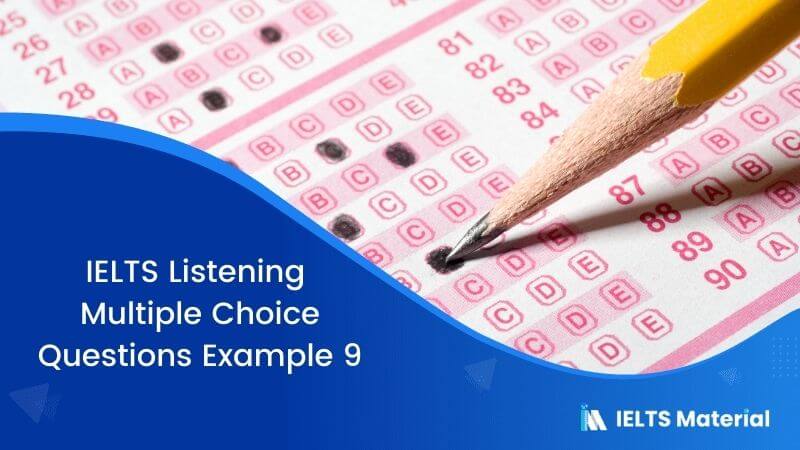
Janice Thompson
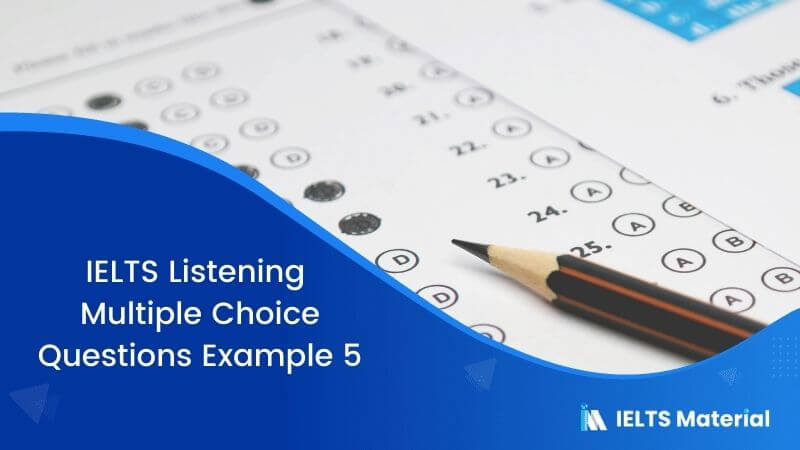
Janice Thompson
Recent Articles

Kasturika Samanta

Kasturika Samanta
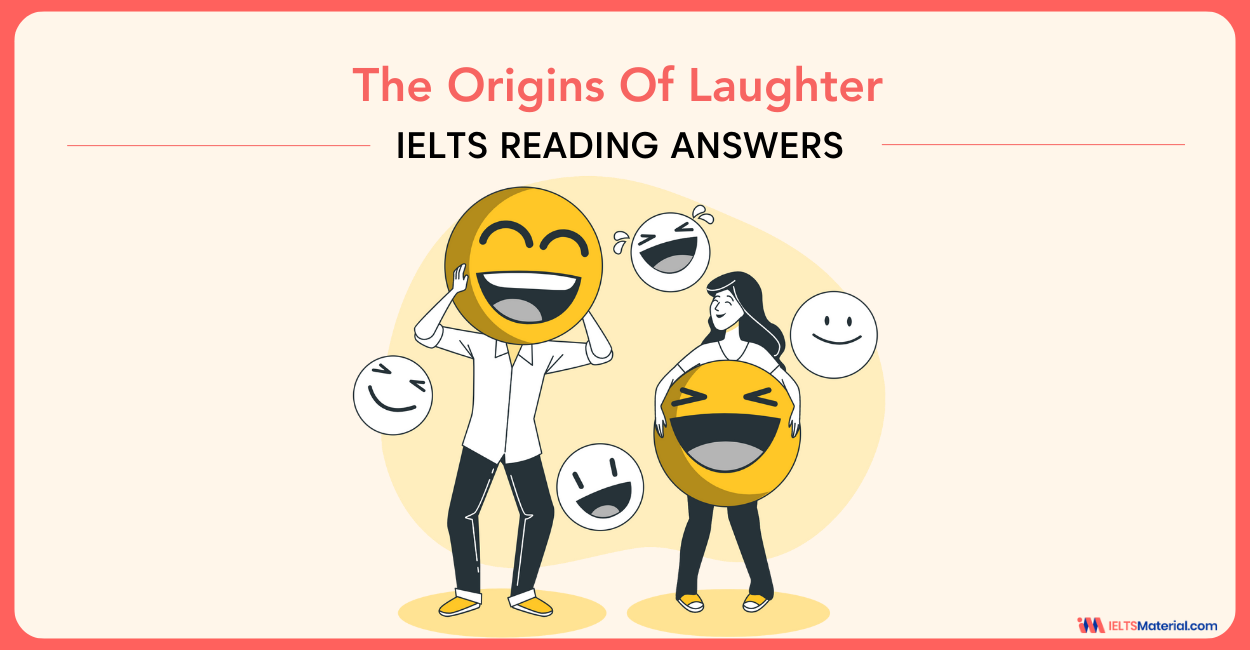
Janice Thompson
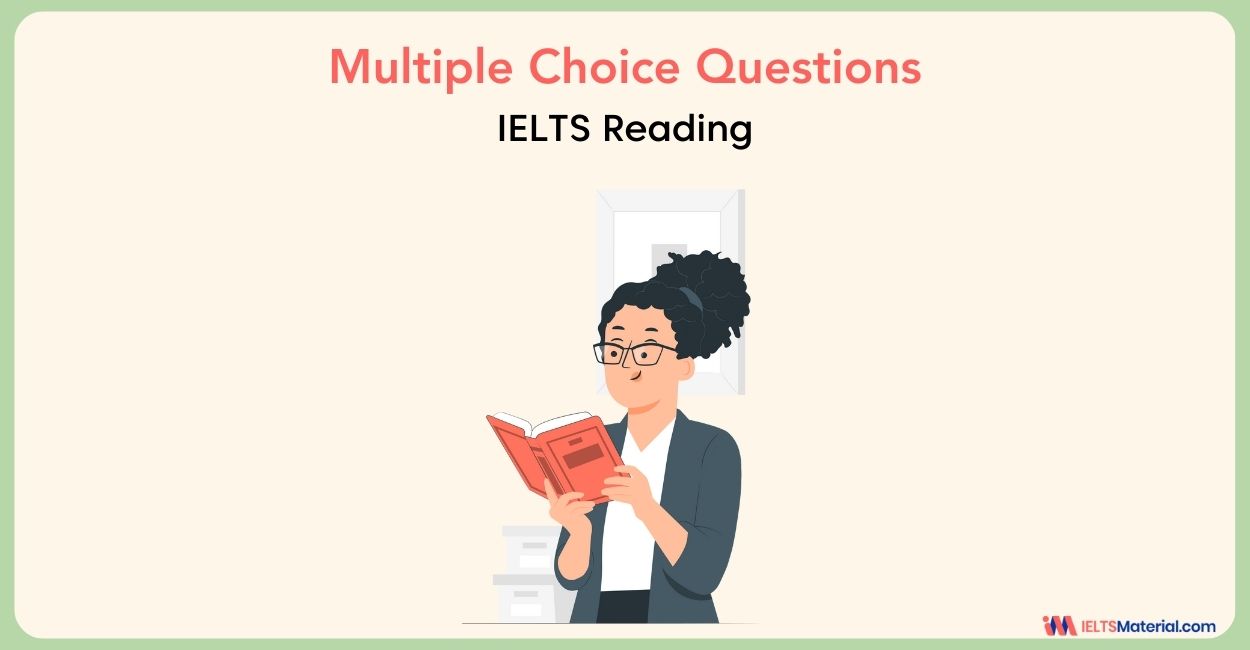
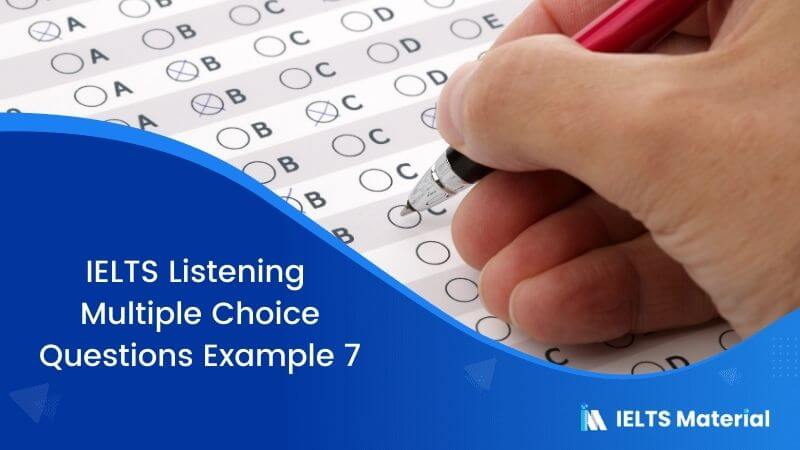
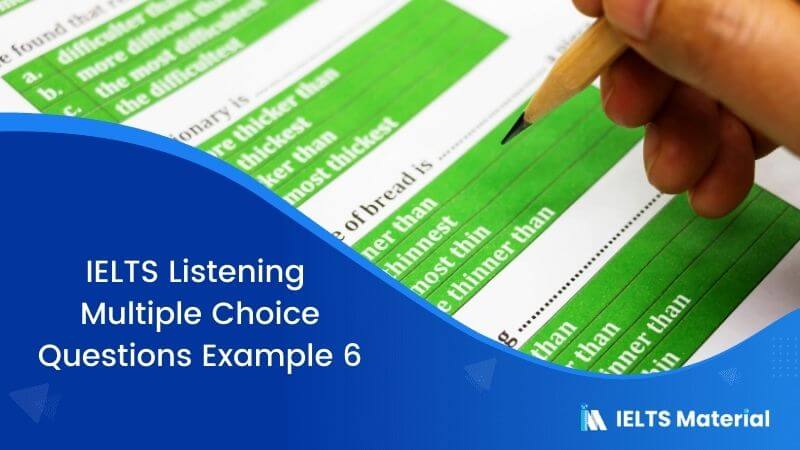



Post your Comments
5 Comments